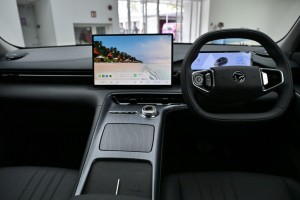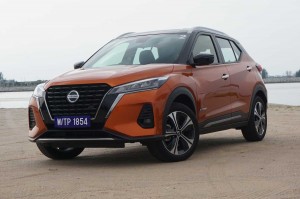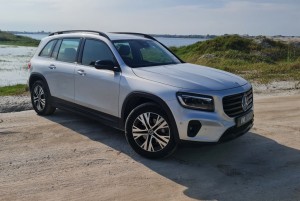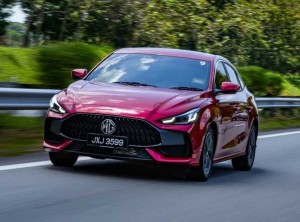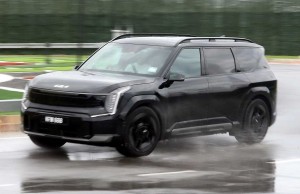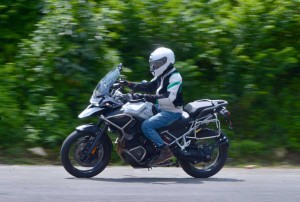KUALA LUMPUR: The Primary Industries Ministry is maintaining that it had conducted reasonably extensive testing of B20 biodiesel before making it mandatory.
At the launch of the B20 – a mix of 20% palm biodiesel and 80% petroleum diesel – here yesterday, its minister Teresa Kok reiterated that her ministry and Malaysian Palm Oil Board (MPOB) had conducted field tests with government agencies such as the Kajang Municipal Council, Subang Jaya Municipal Council, Ampang Jaya Municipal Council, Shah Alam City Council and Selayang Municipal Council.
“In addition, vehicle distributors such as Tan Chong Industrial Equipment and Hyundai Sime Darby Motors as well as transport companies such as FGV Transport Services Sdn Bhd and SOP Transport Sdn Bhd were also involved in the B20 test trial.
READ MORE: B20 biodiesel rollout: Fleet operators lament added costs

“A total of 35 vehicles from Primary Industries Ministry and MPOB, which have been using the B20 since June 2019, have not reported any problems to date,” said Kok, who added that this is on top of coordinated technical consultation sessions with stakeholders.
She added that her ministry, MPOB and the Japan Automobile Manufacturers Association (Jama) have also conducted a B20 trials on diesel engines that are Euro 5-compliant in collaboration with automotive experts from Mazda Malaysia, the Malaysian Institute of Robotics, and IoT Automotive, with support from Road Transport Department and the Environment Department.
Introduced in the European Union in 2009 (for heavy duty diesel engines), the Euro 5 emission standards emits very low levels of fine particulate matter at the tailpipe, among others.
“This study, which is the first conducted by Jama on Euro 5 vehicles, is divided into two laboratory studies, at the Japan Automotive Research Institute, which is expected to be completed in April 2020 and a field study using two Mazda CX-5 cars in Malaysia,” said Kok.
Underlining the government’s intent to head towards an even higher blend of biodiesel, she added that MPOB has also conducted studies using B30 with Universiti Malaya, Universiti Teknologi Malaysia, Tun Hussein Onn University Malaysia, Technical University of Malacca, University of Kuala Lumpur, and University of Nottingham Malaysia campus.
The B7 biodiesel (7% palm methyl ester and 93% petroleum diesel) is still being sold at a places with colder climates, such as Cameron Highlands, Genting Highlands, and Sabah’s Kundasang, as B20 tends to turn into a gel (no longer free flowing) and clog up fuel lines when it is not warm enough.

